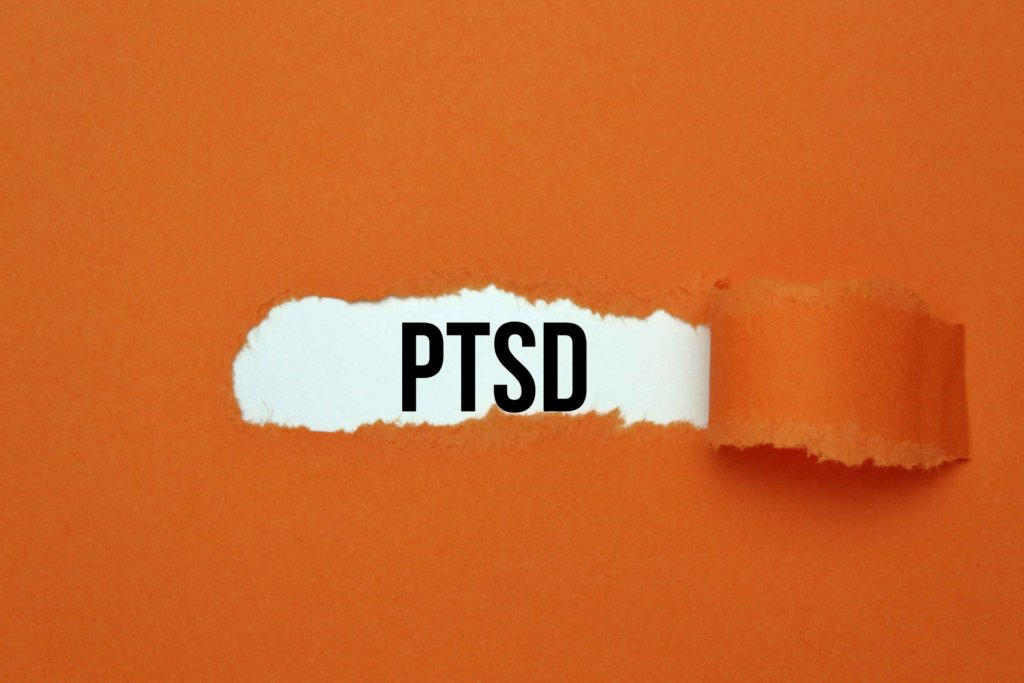Post-traumatic Stress Disorder (PTSD) is a mental disorder that results from witnessing or being affected by traumatic events. Many people who have PTSD are veterans and survivors of a natural or violent disasters. They might resort to alcohol or drugs to manage their fear, anxiety, and stress.
Most people who have experienced traumatic events will eventually recover from anxiety, depression, and agitation. However, these symptoms aren’t always gone when PTSD is present. These symptoms can last months or even years after an event. PTSD can be a result of witnessing or experiencing trauma:
- Combative military operations
- Serious injuries and accidents
- Natural disasters
- Terrorist acts
- As an adult or in childhood, sexual or physical abuse
- The death of a close friend
In response to severe trauma, PTSD and drug dependency are often co-occurring. Therefore, it is essential to get a dual diagnosis to treat both conditions and get sober.
People who have post-traumatic stress disorder (PTSD) often abuse or use drugs and alcohol. Self-medicating with substances is a self-treatment method that may explain why there are so many people with PTSD who use drugs and alcohol.
PTSD and Addiction Statistics
- 6-8% of Americans have PTSD.
- 10%-30% of veterans have PTSD.
- About 46% of those suffering from lifetime PTSD also have a drug- or alcohol abuse disorder.
- People who have PTSD are 14 times more likely than those without it to develop a substance abuse disorder.
Researchers are interested in understanding the relationship between PTSD, substance abuse, and PTSD because of their high prevalence. This has led them to develop more targeted treatments.

Substance Use for Self-Treatment
Substance abuse disorders are more likely after the development of PTSD. This suggests that PTSD may increase a person’s likelihood of developing substance use disorders.
The relationship between drugs and PTSD is based on the idea that people use drugs or alcohol to alleviate or numb the distressing symptoms. Self-medicating is another name for it.
Specific symptoms of PTSD are linked to certain substances, according to researchers. For example, hyperarousal symptoms in PTSD can be linked to substances that have a calming effect, like alcohol or cannabis.
There are other theories about the relationship between drug addiction and PTSD
Self-medication isn’t the only explanation for PTSD and drug abuse. However, it is the one with the most evidence.
There are other possible connections between PTSD, substance use disorders, and self-medicating.
- The use of substances can increase the likelihood that someone will experience traumatic events. This could lead to the development of PTSD.
- There may be an underlying genetic vulnerability that can lead to both substance abuse disorders and PTSD.

The Consequences Of Self-Treating PTSD with Substances
Using drugs, alcohol, or both to manage PTSD symptoms may initially make you feel less stressed. Self-medicating can lead to serious health problems in the long term.
Substance abuse is temporary. You may feel more PTSD symptoms, which could lead to an increase in your desire to use substances.
You are also at greater risk for experiencing negative consequences such as:
- Depression
- Problems in relationships
- Anxiety
- Legal issues
- Problems with the supervised detox system
- Inpatient psychiatric hospitalization
- Suicide attempts
Symptoms and effects of PTSD
Symptoms of PTSD may change over time. Some symptoms may appear as soon as a trauma episode occurs, while others can take many years to develop.
The brain areas responsible for memory and emotions are affected by PTSD. A healthy brain can distinguish between past memories from present experiences. However, PTSD affects this ability.
A person with PTSD may react negatively to a situation that brings back past trauma. The brain reacts as if the person is still living in the past. This can trigger fear, anxiety, and stress.
Suicidal thoughts can be one of the most severe symptoms of PTSD. These thoughts can be exacerbated by alcohol and drug abuse.
Memory can also be affected by drug addiction and alcohol use. Triggers are places or people that are associated with substance abuse and can trigger cravings in the brain. Both PTSD and addiction triggers can cause symptoms to intensify.
It can be challenging to identify co-occurring addictions and PTSD. An individual suffering from PTSD may hide their substance and alcohol abuse from others out of shame. A loved one might become depressed and withdrawn and show signs of intoxication if they are struggling with drug abuse.

Treatment of PTSD and Addiction
Long-term alcohol or drug abuse can eventually cause brain neurocircuitry to be rewired. To feel normal, the user will ultimately need the drug. The person living with PTSD may become dependent on the drug if they use it enough.
Both disorders can have a profound impact on the brain. To prevent this damage, it is crucial to treat PTSD as well as drug addiction simultaneously.
Cognitive behavior therapy (CBT) can help people with PTSD deal with painful memories. CBT is also used in many outpatient and inpatient drug rehabs to treat addiction.
Exercise can be a powerful part of PTSD and addiction recovery. Anxiety and depression can be soothed by the endorphins produced during exercise. In addition, specialist drug rehab doctors can prescribe Antidepressants to help with withdrawal symptoms and anxiety.
Get help instead of self-treating PTSD
People who have PTSD seek to relieve the emotional distress caused by symptoms. However, substance or alcohol abuse is not an option. People with PTSD or substance abuse disorders can find help by using specialized treatments. Hathaway Recovery provides all types of treatment including person-centered therapy for PTSD, PTSD, and alcohol addiction treatment, PTSD and drug addiction treatment, and complex PTSD and addiction therapy.
Hathaway Recovery can help you find the proper and most comfortable treatment options that you deserve. Get help today if you or someone you care about is suffering from PTSD, a substance abuse disorder, or both.






